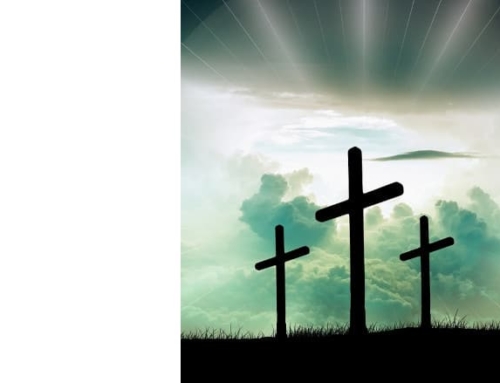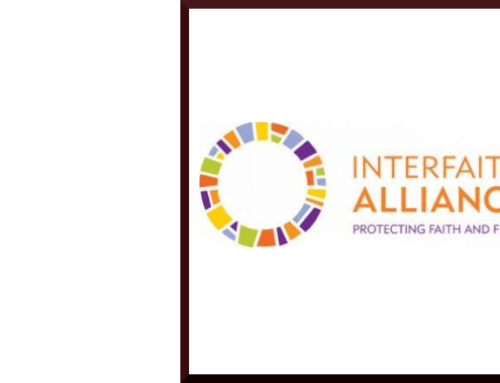In a unanimous decision, the U.S. Supreme Court today upheld the religious liberty rights of prisoners. Catholic League president William Donohue applauded the ruling:
“The Catholic League frequently receives complaints from Catholic prisoners who maintain that their religious-liberty rights have been violated. We probe each case separately seeking to verify the authenticity of the complaint. In some cases, we have been successful in restoring rights that have been abridged. In other cases, we have determined that the complaint is without merit. And there are times when we have not been able to decide whether it is the inmate or the warden who is spinning the truth. In any event, we applaud this decision by the Supreme Court, not simply because it underscores prisoners’ First Amendment rights, but because it sustains a larger issue—the issue of religious liberty in general.
“In today’s ruling, the high court overturned the Sixth Circuit’s decision to nix the Religious Land Use and Institutionalized Persons Act (RLUIPA). This law is an important piece of federal legislation designed to protect religious rights from being invalidated by a distorted interpretation of the so-called establishment clause of the First Amendment. Had RLUIPA been declared unconstitutional, much more than prisoners’ rights would have been jeopardized. [RLUIPA was passed in 2000 after the U.S. Supreme Court overturned the Religious Freedom Restoration Act (RFRA). Both RLUIPA and RFRA speak to the issue of whether there is a compelling state interest in denying a religious exemption; the high court said the Congress overreached its authority in passing RFRA.]
“As Justice Ruth Bader Ginsburg said, RLUIPA was not written ‘to elevate accommodation of religious observances over an institution’s need to maintain order and safety.’ Moreover, by overturning the Sixth Circuit’s decision, the high court rejected the notion that RLUIPA gives religious prisoners ‘a preferred status in the prison community.’ It does nothing of the sort—it merely secures their right to religious liberty.”






